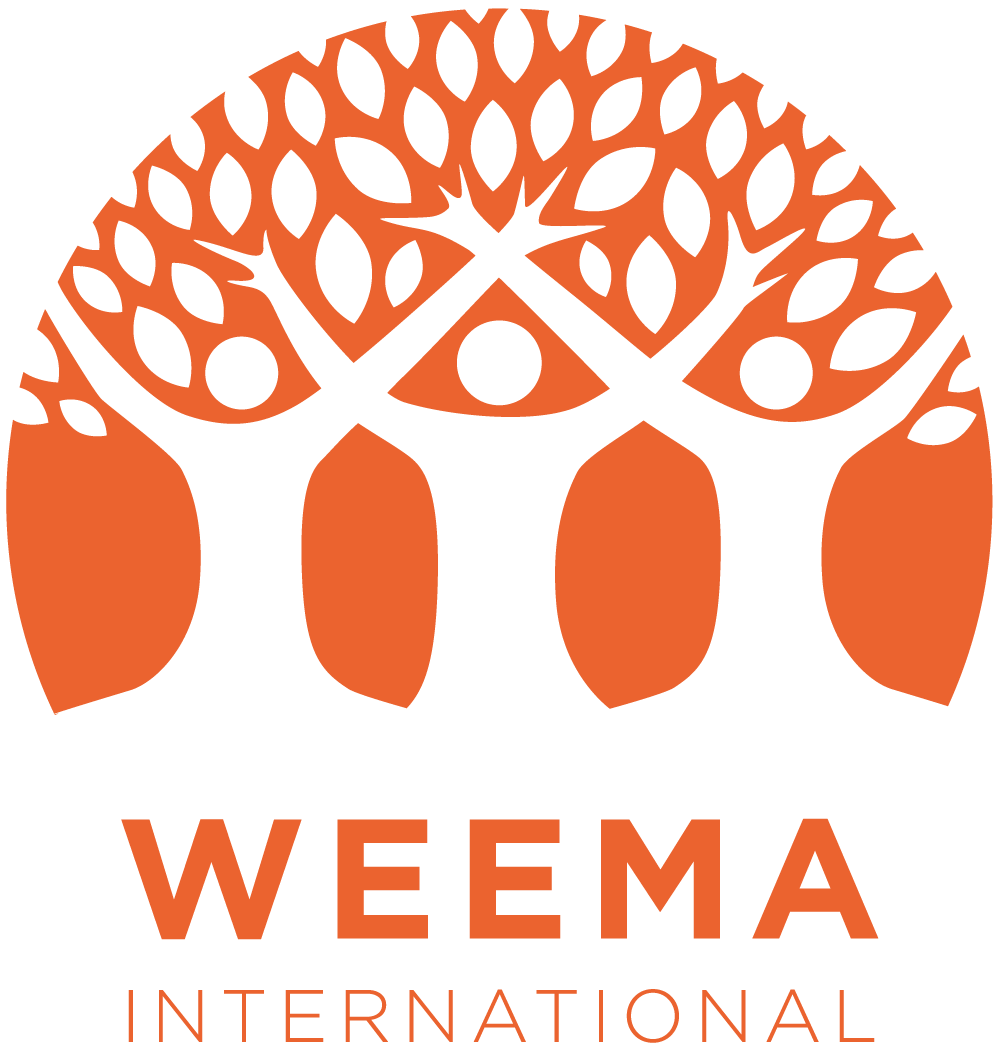
“My family life changed economically and socially and I now lead the family equally with my husband. I saved myself and my family from death.”
“Mobility impairment doesn’t stop me from being who I am now.”
Self-Help Groups

“We have strong self-esteem, strong self-confidence, and we advocate for the rights of women and ourselves. These big changes are happening because of our Self-Help Group.”
While Ethiopia has achieved significant economic growth in recent years, rural areas remain poor, and women suffer higher poverty and are nearly three times as likely as men to be unemployed.
WEEMA is expanding opportunities for women by supporting Self-Help Groups (SHGs). These women-run groups provide a space for women to share their struggles and jointly identify solutions, participate in financial training, and learn from each other. Participants operate their own shared savings and loan programs and make collective decisions about how to invest their money. As a result of participating, women report feeling improved self-esteem and higher involvement in household-decision making.
One of the Self-Help Groups - the Hujent Lenam Self-Help Group - is using a portion of their savings to provide transportation to the local hospital for women members who are in labor. The women say the effort has helped to reduce home delivery rates in the community.
Key Indicators
135
active Self-Help Groups
2,589
women in Self-Help Groups
Related blogs
Beekeeping

Beekeeping has a long history in rural areas of Ethiopia, but the vast majority of beekeepers, mostly men, are still using traditional hives and only produce for home consumption.
Through training, funding, and other forms of support, WEEMA is helping beekeepers to modernize their enterprises and form and operate beekeeping cooperatives. To date, about 40% of these beekeeping cooperative members have been women -- impressive given that throughout the country, beekeeping is largely considered a man’s job.
Members are trained on financial management, modern beekeeping methods, and construction of different types of beehives using local materials. They also have an opportunity to save together, install new hives, and access new markets.
Since joining the WEEMA-supported Belela Kololo Cooperative in 2017, Yeshiwas Desta has learned how to build different types of beehives. His monthly income has quadrupled, enabling him to meet the needs of his family, including purchasing materials for all of his children to attend school.
Key Indicators
212
beekeepers trained in honey production and business development
8
beekeeping cooperatives formed
Related blogs
Disability Inclusion

“Before, the disabled were excluded and stayed at home. Now we can work and go to school because of what WEEMA and the government have done here.”
Ethiopia has an estimated 15 million people with disabilities – 17 percent of the population – and most of them live in rural areas. These populations encounter many disadvantages and are often subject to stigma and discrimination. They are also disproportionately poorer and are largely excluded from political and civil processes.
WEEMA operates a project in the Tembaro District to help people with disabilities and build positive attitudes across the entire community. As part of this work, WEEMA provides training and start-up capital to help people with disabilities diversify income-generating activities and establish their own businesses.
Beyond the economic dimension, we are helping community members with disabilities to form legal associations that increase their political power. Concurrently, we are training government officials to raise awareness and instill attitudes and policies that promote inclusion of people with disabilities.
Key Indicators
271
people with disabilities participating in business training
232
persons with disability provided an assistive device














